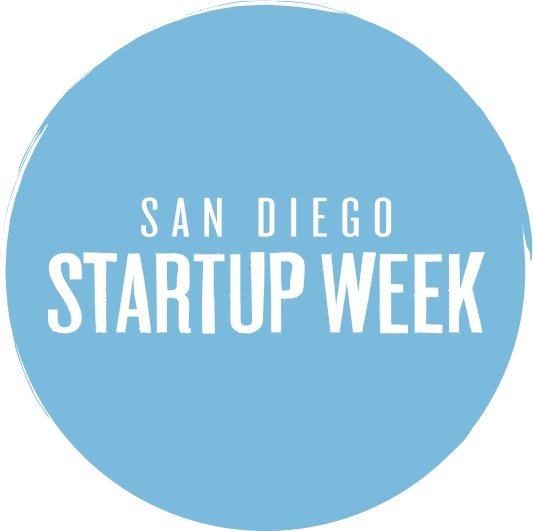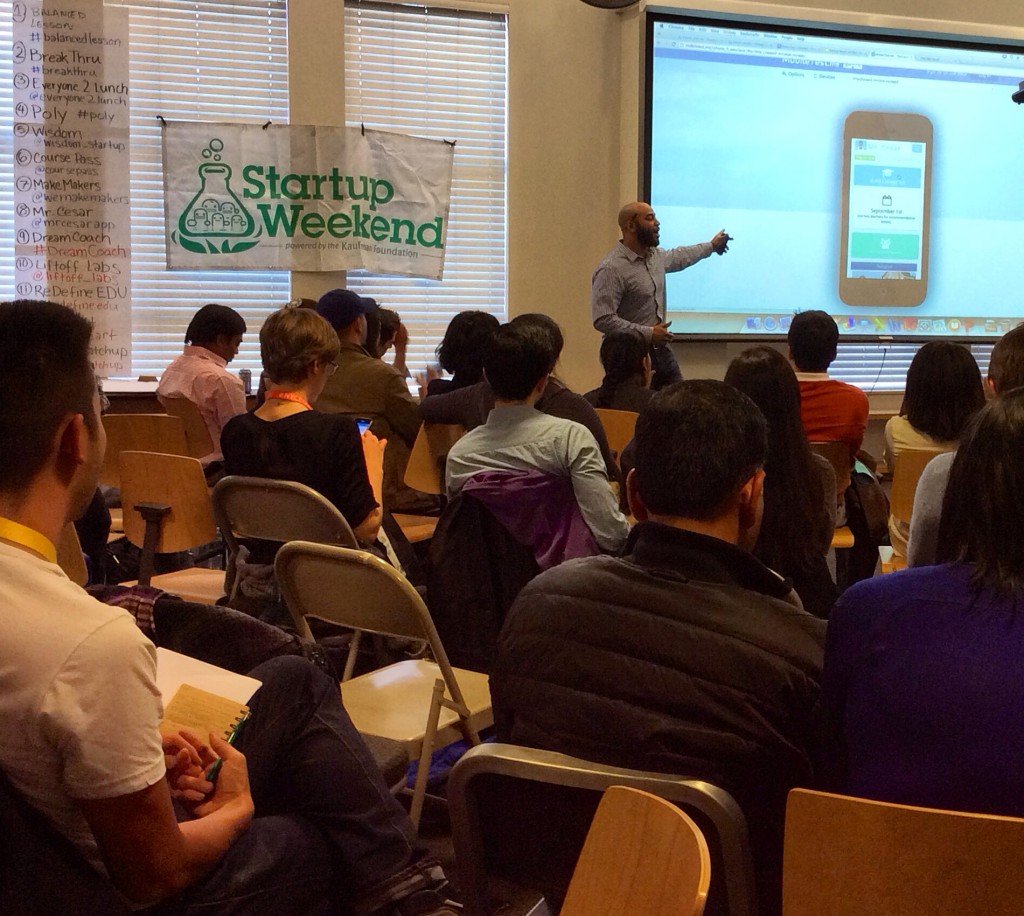How to Craft an Effective Mission Statement For Your Startup

When developing a business, an important component of your overall strategic plan is a mission statement. This brief statement declares the purpose of an organization and defines the reason for the company’s existence. It provides the framework to help guide the company’s strategies and actions by spelling out the business’s overall goal. Ultimately, a mission […]
How to Create a Social Media Profile For Your Business

As a startup or small business owner, you have to be smart with the resources you have. Oftentimes, traditional marketing doesn’t exactly fall within your budget. That’s why social media is a great alternative in generating the results you want to achieve. It’s not only low-cost, but it also gives you direct exposure to current […]
How Does A Convertible Note Works For Startups?

A convertible note is an investment instrument intended to provide a startup company with early stage financing. It’s a compromise of sorts, blending the downside protection associated with a loan and capturing the upside potential of selling equity shares. Why are they used? It can be very difficult for investors and entrepreneurs to agree on […]
6 Reasons You’ll Want To Attend The USD Legacy Entrepreneurship Conference

On Thursday Oct 8 2015 The University of San Diego School of Business Administration and the Center for Peace and Commerce proudly present the 3rd annual USD Legacy Entrepreneurship Conference. If you find yourself sitting on the fence, debating whether or not you should attend this premier networking and coaching opportunity for entrepreneurs… Here are […]
How To Optimize Your Board of Advisors

Every company – from high-growth startups to slow-growth enterprises – can benefit from an advisory board if it is well-structured and well-managed. Some of the obvious benefits of an advisory board include credibility for you and the company, domain expertise, and/or a well-established professional network. This blog post will provide guidance for assembling a well-structured […]
How To Identify a Startup Co-Founder

It is all too common that a business savvy entrepreneur comes up with a good idea but cannot build the product. Conversely, there are many tech founders that lack the business and interpersonal skills necessary to take the product to market, develop partnerships, and liaise with potential investors. Many founders of early stage startups struggle […]
The Femaleprenuer: Exclusive Q& A with Four Influential Female Founders

1975 may have been the year in the United Nations declared “International Women’s Year.” Now 40 years later 2015 is shaping up to be momentous year for female founders, with over 9 million women-owned companies in the United States. The Startup Garage interviewed 4 diverse femaleprenuers on the state of entrepreneurship today, practical advice, and […]
4 Reasons Why Startup Week San Diego Is Good For Your Life & Your Business

Celebrating and participating in local innovation has never been cooler for San Diegans, thanks to Startup Week San Diego. Located in the heart of downtown SD June 14th-20th. This action packed 6 day event is designed to be the premier catalyst for innovation, creativity, and entrepreneurialism. If you haven’t decided to attend, volunteer, or showcase […]
Building Online Brand Presence as a Startup

Launching a new high growth startup is a way to build a business from the ground up. Whether you are providing content, products or even services to potential customers. Knowing how to build an online brand presence when getting a startup up and running is essential. Especially when working in competitive fields and making a […]
How to Launch 13 EdTech Startups in 54 Hours

Sound like an impossible task? Step inside Startup Weekend NYCEDU, a 3-day event that occurred March 27- 29th 2015 in New York City. Within the four walls of The World School, teams of entrepreneurs, educators, developers, and designers collaborated to bring education technology concepts into creation in a mere 54 hours. #SWnycedu kicked off Friday […]

